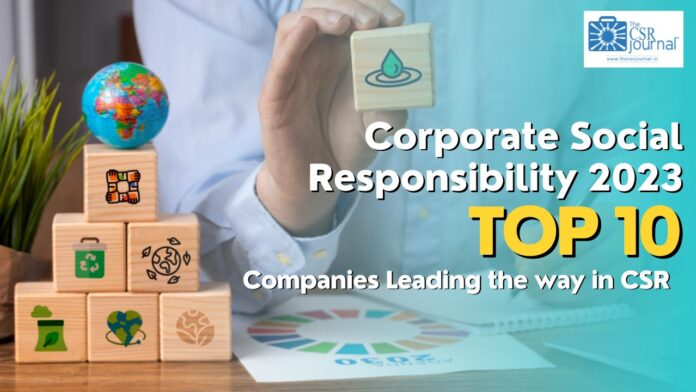Top Companies for CSR and Sustainability in 2023

Related Articles
वसई-विरार में झोपड़पट्टी पुनर्वसन योजना को मिली गति, झोपड़ी धारकों को मिलेगा 300 वर्ग फुट का पक्का घर
वसई-विरार को झोपड़पट्टी मुक्त (Vasai Virar Slum Free) बनाने और झोपड़ी धारकों के जीवन स्तर को ऊंचा उठाने के उद्देश्य से Slum Rehabilitation Authority...
महाराष्ट्र: नागपुर में दक्षिण कोरियाई कंपनी एचएस ह्युसंग करेगी ₹1,740 करोड़ की निवेश
महाराष्ट्र सरकार और दक्षिण कोरियाई कंपनी एचएस ह्युसंग एडवांस्ड मटेरियल्स कॉर्पोरेशन के बीच ₹1,740 करोड़ के निवेश को लेकर समझौता हुआ है। इस मौके...
Emergency Visa Granted to Family of Indian Student in Coma After US Accident
A post-graduate student, Neelam Shinde from Maharashtra currently remains unconscious following a February 14 road accident that occurred in Sacramento, California. Neelam suffered multiple...


